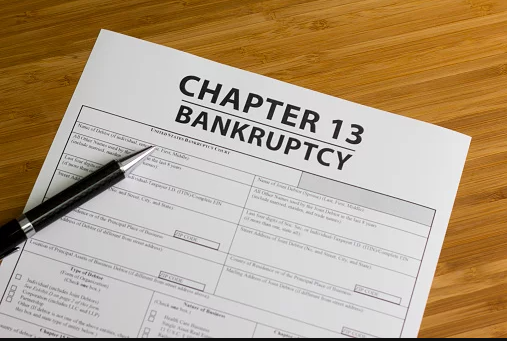
What if you divorce while you’re in Chapter 13 bankruptcy?
It’s not unusual for marriages to suffer as the result of serious financial issues. What happens if a married couple has filed for Chapter 13 bankruptcy and later decides to divorce?
Chapter 13 allows people to reorganize their debt rather than having to sell their assets to pay their creditors. In Chapter 13, they develop a plan to repay all of their creditors, generally over three to five years. For people who have too much income to qualify for Chapter 7, it’s a good option for getting out from under overwhelming debt.
When couples split up, their financial situation can change considerably. For example, they probably now need to maintain two households instead of one. One of them may be required to pay spousal and/or child support to the other. So what if you can no longer meet the terms of the Chapter 13 repayment plan you agreed to?
You may be able to qualify for Chapter 7, even if you weren’t able to previously. Since you now have two separate sets of monthly living expenses, including rent, food and utilities, your income to expense ratio may be low enough to pass the Chapter 7 means test.
A conversion to Chapter 7 will let you liquidate the vast majority of your assets. If you’re able to do this simultaneously with your divorce, the two of you can walk away from the marriage and most of your debt, and start anew.
Another option is to stay in Chapter 13 but reduce your plan payments. It depends on what debts you’re repaying. For example, if you’re repaying tax or mortgage debt or unpaid support, those payments usually can’t be reduced. However, the portion of the payments that is going toward unsecured debt, like that owed on credit cards and loans, may be able to be lowered based on your new budget.
If you’re in the midst of a Chapter 13 bankruptcy when you and your spouse decide to pursue a divorce, it’s essential to make your family law attorney aware of the situation as well as to consult with your bankruptcy attorney to determine the right course of action. Remember that while couples in joint bankruptcy usually have the same bankruptcy attorney, you each need to have separate family law attorneys to help ensure that your interests are protected in the divorce.
Source: Bankrate, “Divorce during Chapter 13 bankruptcy?,” Justin Harelik, accessed Jan. 31, 2017

